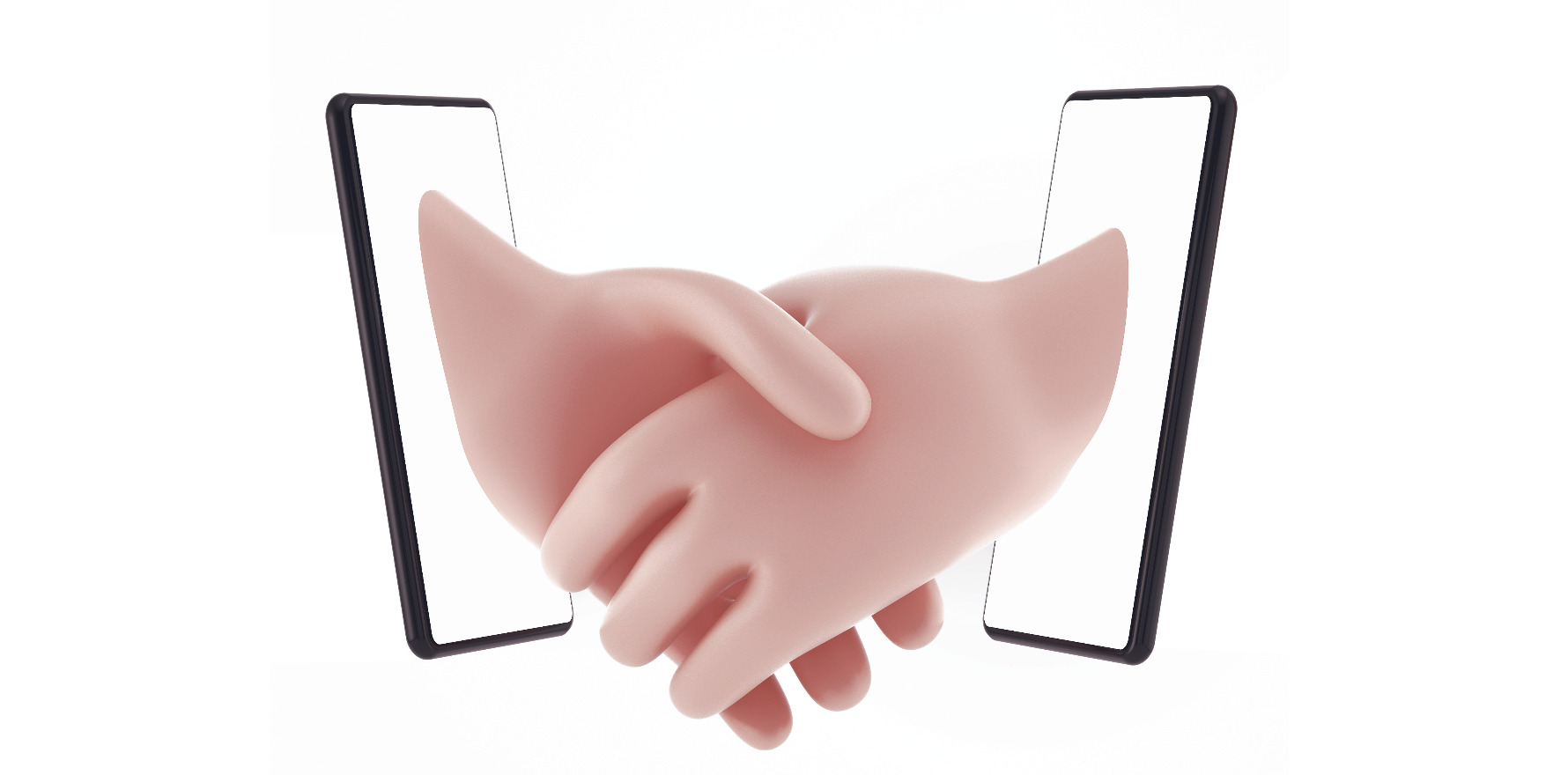Researchers find social media-based peer support may not improve health knowledge or outcomes, but patient groups argue that peer support is valuable its own right.
In the first randomised controlled trial of its type, researchers investigating whether social media-based peer support would help RA patients over and above an educational website found it improved perception of peer support.
While the hypothesised primary outcomes of improved knowledge and health benefits were not realised, patient support groups argue that peer support has great value in its own right.
The study, conducted by US and Canada-based researchers and published in Seminars in Arthritis and Rheumatism, involved over 200 participants who’d had RA for less than 10 years. They were mostly women (92%) and had a mean age of 52.
Participants were randomised 1:1 to the intervention group, which had the social media peer support plus access to an educational website with RA resources, or the control group which only had access to the educational website.
The social media support group was a secret Facebook community, with access available only to the trial participants, research staff and peer leaders experienced in RA patient education. Peer leaders raised discussion topics, moderated responses and encouraged participation.
The primary outcomes, measured at baseline, 3 months and 6 months, were knowledge about RA (aetiology, symptoms and management), self-efficacy and empowerment (using knowledge to manage disease). Secondary outcomes were social and peer support, locus of control, health-related behaviours, health outcomes and mood.
There were no differences between groups on any of the primary outcomes, with both groups increasing knowledge and self-efficacy scores at follow-up assessments.
Among the secondary outcomes, both groups experienced some improvement across at least some of the peer support measures, though the Facebook group reported higher satisfaction with perceived peer support. The Facebook group also had higher locus of control scores at 3 months compared with the control group, but there were no differences on other secondary outcomes.
“Despite the increasing involvement of patients with arthritis in virtual groups, there is scant evidence for whether this participation improves psychosocial outcomes and behaviour such as disease knowledge or self-efficacy,” the study authors wrote.
“To our knowledge, this is the first RCT evaluating the effects of participation in a Facebook® online peer group in patients with RA.”
“Our virtual community with readily accessible evidence-based information was well received, but does not support the concept that these networks may enhance changes in health outcomes or self-efficacy in patients with RA,” the authors concluded.
Patient-support group CreakyJoints Australia welcomed the study, noting there has been little research on the benefits of peer support groups for chronic conditions, including rheumatoid arthritis.
“As a patient-led arthritis organisation, CreakyJoints Australia sees great value in peer support in all its forms,” said Rosemary Ainley, speaking on behalf of the organisation.
Ms Ainley noted the limitations of the study, also acknowledged by the authors, including the predominantly white, educated, middle-aged female cohort and the lack of a critical mass of participants needed to support long-term engagement that could lead to better health outcomes.
Ms Ainley told Rheumatology Republic she was surprised that peer support was a secondary outcome.
“Overall, we would argue that while improvement of symptoms or health outcomes are highly valuable outcomes, peer support itself should be the primary objective of peer support groups,” she said.
“In our experience, members of online peer support groups for chronic illness mainly seek them out to connect with others who live with similar conditions and exchange support and ideas for coping.
“The most common benefit they express is having the opportunity to chat openly with others who ‘get’ what they’re going through without judgement or the need for explanations,” said Ms Ainley.
Buffy Squires, community program coordinator from patient-support group Musculoskeletal Australia, said that while some people have no interest in joining a peer support group, “for others they’re a great lifeline”.
She also observed that peer support groups vary widely.
“Some are very active, meeting three or four times per week for exercise and other activities, others are much more of a social, meeting-once-a-month affair. It all depends on who’s leading the group and who’s in the group and what that group wants.
“So, the study would really need to look at more than one group to make an overall assessment,” said Ms Squires.




